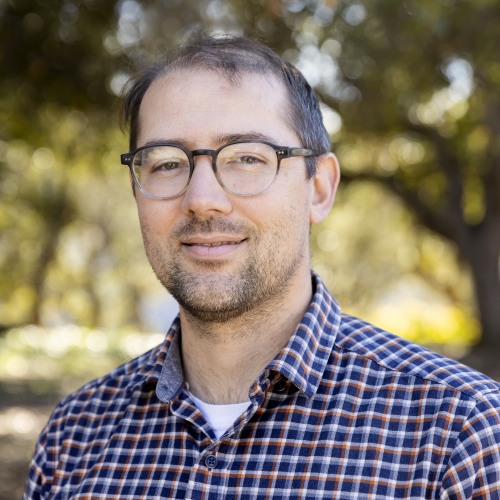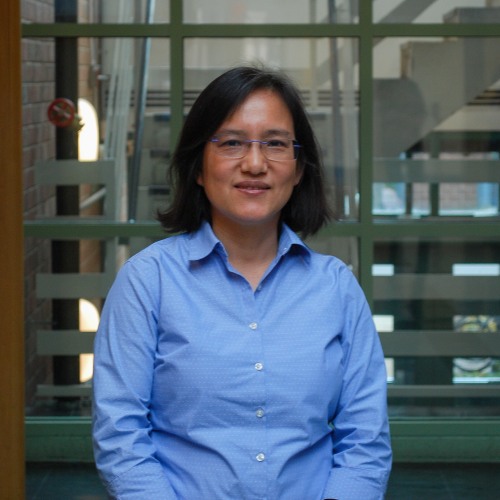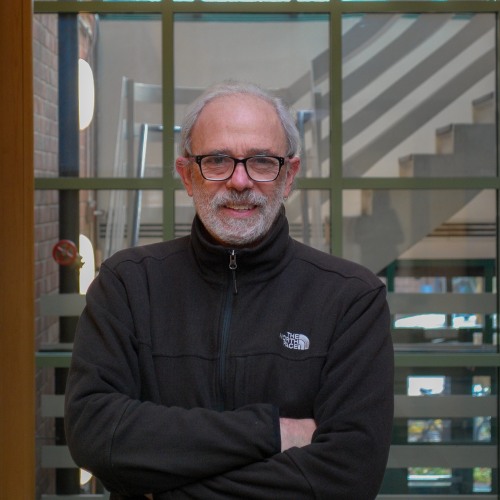We use field and geophysical observations, elemental and isotopic analyses, high-pressure experiments, and numerical models to investigate the evolution of the Earth. Research topics include: recent climate reconstruction, glacial-interglacial cycling, the rise of oxygen in the atmosphere, growth of the continents, and cooling of the Earth’s interior. Our community seeks to integrate observations and models of diverse phenomena across different timescales to understand how and why the Earth’s climate, life, and interior have interacted and varied over our planet’s history.
Earth History
Investigating how the Earth’s atmosphere, oceans, surface, and interior have changed through time to understand fundamentally important climatic, tectonic, and biogeochemical changes.
Earth History
Investigating how the Earth’s atmosphere, oceans, surface, and interior have changed through time to understand fundamentally important climatic, tectonic, and biogeochemical changes.
Research Highlight
Coral Records of Past and Present Climate Extremes
 In 2023-2024, the world saw droughts, flooding and other natural disasters caused by a global climatic phenomena called El Niño–Southern Oscillation (ENSO) originating in the central tropical pacific. This is one of the most important climate phenomena on Earth due to its influence on global atmospheric circulation. Researchers at Brown, led by Professor Kim Cobb, are using coral records from the central tropical pacific to understand ENSO.
In 2023-2024, the world saw droughts, flooding and other natural disasters caused by a global climatic phenomena called El Niño–Southern Oscillation (ENSO) originating in the central tropical pacific. This is one of the most important climate phenomena on Earth due to its influence on global atmospheric circulation. Researchers at Brown, led by Professor Kim Cobb, are using coral records from the central tropical pacific to understand ENSO.
“This project will provide the most robust reconstruction we have of the past 200 years – which is a very important time to understand the shift from pre- and post industrial revolution, when atmospheric carbon dioxide levels started rising rapidly.” – Chandler Morris
The oxygen isotopic composition of these corals is used to reconstruct a month-by-month record of past sea surface temperatures and hydrological changes,giving insight into how ENSO behaves and its variability overtime. Reconstructions of past climate helps define future variability of ENSO, especially in light of human-caused climate change. Extreme climatic events due to ENSO impact populations in the tropical pacific region around the world, and a better understanding of how ENSO evolves will help communities better prepare for the future.
Earth History News
‘Earth system engineers’ and the cumulative impact of organisms in deep time
Faculty
-

Steven Clemens
Professor (Research) -

Kim Cobb
Director of the Institute at Brown for Environment and Society, Professor -

Meredith Hastings
George Ide Chase Professor of Physical Sciences, Chair -

Tim Herbert
Professor -

Blake Hodgin
Assistant Professor (Research) -

Yongsong Huang
Professor -

Daniel Ibarra
Manning Assistant Professor of Earth, Environmental, and Planetary Sciences and Environment and Society -

Harriet Lau
Manning Assistant Professor of Earth, Environmental and Planetary Sciences -

Jung-Eun Lee
Associate Professor, Director of Graduate Advising -

Ralph Milliken
Professor -

Stephen Parman
Professor -

James Russell
Senior Associate Dean of Dean of the Faculty, Professor -

Alberto Saal
Professor
Facilities and Resources
DEEPS is equipped with cutting-edge instrumentation to support and advance ongoing research into the Earth's evolution.